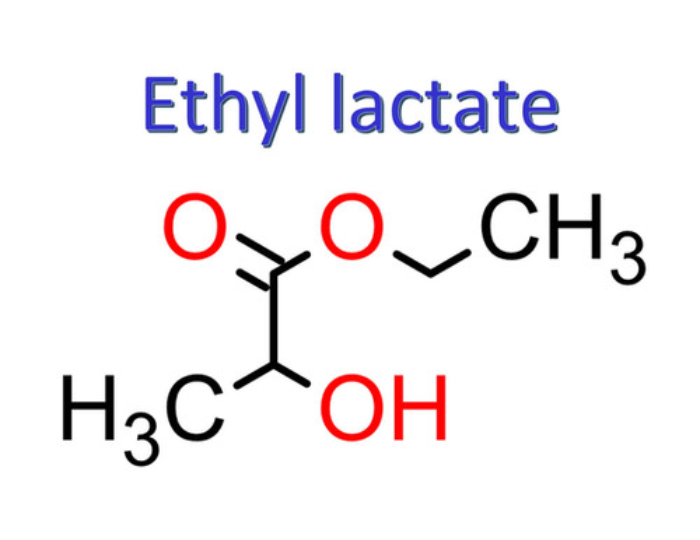Sirtuins (SIRTs), a family of nicotine adenine dinucleotide (+)-dependent histone deacetylases, are increasingly recognized for their role as key regulators in various biological processes. Seven mammalian SIRTs have been identified, each located in different cellular compartments. Much research has focused on the involvement of SIRTs in the brain, particularly given their role in metabolic and age-related diseases. These enzymes are implicated in cognitive functions such as learning and memory, both under normal conditions and in disease states.
As people age, cognitive decline becomes inevitable, and neurological diseases like Alzheimer’s disease (AD) are often marked by worsening cognitive impairment. This review aims to consolidate the latest findings on the role of SIRTs in maintaining or impairing cognitive function in the context of AD. Additionally, it explores the potential of selective and natural SIRT activators as therapeutic agents or complementary treatments for AD.
Commentary by YourDailyFit columnist Alice Winters:

The discussion surrounding sirtuins (SIRTs) and their potential therapeutic benefits, particularly in cognitive health and neurodegenerative diseases such as Alzheimer’s disease (AD), is both compelling and critical to ongoing research. These enzymes, which play a pivotal role in regulating cellular processes such as gene expression, metabolism, and stress responses, are gaining prominence due to their potential influence on aging and cognitive decline. As outlined in the review, SIRTs are involved in several brain-related functions, making them an intriguing target for the treatment of diseases like AD, where cognitive decline and memory dysfunction are primary concerns.
Understanding SIRT Mechanisms and Their Relevance to Alzheimer’s Disease:
The connection between SIRTs and Alzheimer’s is particularly noteworthy given the age-related nature of the disease. Cognitive decline, the hallmark symptom of AD, is believed to stem from a combination of factors, including oxidative stress, inflammation, and neuronal dysfunction. SIRTs are thought to mitigate some of these processes through their roles in cellular repair, regulation of inflammation, and maintenance of mitochondrial function. These actions suggest that SIRTs could act as molecular switches, restoring some level of cognitive function in the face of age-related or disease-induced damage. This makes them an enticing avenue for therapeutic development, particularly for AD, a disease that remains notoriously difficult to treat with current interventions.
However, while the potential of SIRTs in mitigating cognitive decline is evident, it is important to remember that research on their application in human health is still in its relative infancy. The identification of SIRT activators, whether synthetic or natural, is a promising development, but much remains to be understood about how these activators might be used safely and effectively in clinical settings.
Selective and Natural SIRT Activators:
The review touches upon the use of SIRT activators as possible therapeutic agents for AD. Selective activators, which aim to target specific SIRT enzymes, could offer precision in modulating cognitive function. Additionally, natural activators such as resveratrol—found in foods like red wine and grapes—have garnered attention due to their purported benefits in activating SIRTs. While the idea of using natural compounds is appealing, the challenge lies in achieving the necessary therapeutic concentrations in the body to induce meaningful effects without the risk of adverse side effects.
Natural SIRT activators present an interesting potential for both prevention and treatment, especially since many consumers are increasingly drawn to natural and plant-based remedies. However, clinical evidence supporting their efficacy in humans remains somewhat limited. Until larger-scale, rigorous clinical trials are conducted, the widespread use of natural SIRT activators as a solution for AD will remain speculative at best.
The Complexity of SIRT Therapeutics:
It is crucial to emphasize the complexity of using SIRT modulators as part of AD treatment strategies. While the potential is there, activating or inhibiting specific SIRTs could have different effects depending on the region of the brain and the specific metabolic or inflammatory pathways involved. Furthermore, as with any intervention targeting a core biological mechanism, the risk of unintended consequences is high. Research must continue to explore not only the benefits but also the potential risks and side effects of such therapies, particularly when taken in conjunction with existing AD treatments.
Market and Consumer Considerations:
From a consumer perspective, the interest in supplements or natural remedies that claim to support cognitive function is expanding rapidly. SIRT-activating compounds are no exception, and consumers are increasingly seeking products that promise to enhance brain health and slow cognitive decline. However, as the market for such products grows, so does the need for reliable, evidence-based information. Consumers must be cautious, as many supplements on the market may not live up to their claims, and the efficacy of SIRT activators remains a subject of ongoing debate within the scientific community.
Additionally, while many products on the market promote natural ingredients like resveratrol, it is important for consumers to question both the quality and concentration of these compounds in any given supplement. Without robust scientific backing, some of these products may not deliver the results they promise.
Conclusion:
In conclusion, the review highlights the promising yet complex potential of sirtuins as therapeutic agents in the context of Alzheimer’s disease and cognitive function. While sirtuin activation represents a tantalizing strategy for slowing or even reversing cognitive decline, much work remains to be done in understanding the precise mechanisms, optimal dosages, and long-term effects. Both selective and natural SIRT activators hold promise, but the scientific community must tread cautiously, ensuring that the evidence supporting these treatments is robust and reliable before they can be widely recommended or utilized in clinical practice. Until then, consumers should approach supplements claiming to enhance cognitive function with a healthy dose of skepticism and demand clear, evidence-based guidance from both researchers and manufacturers alike.



